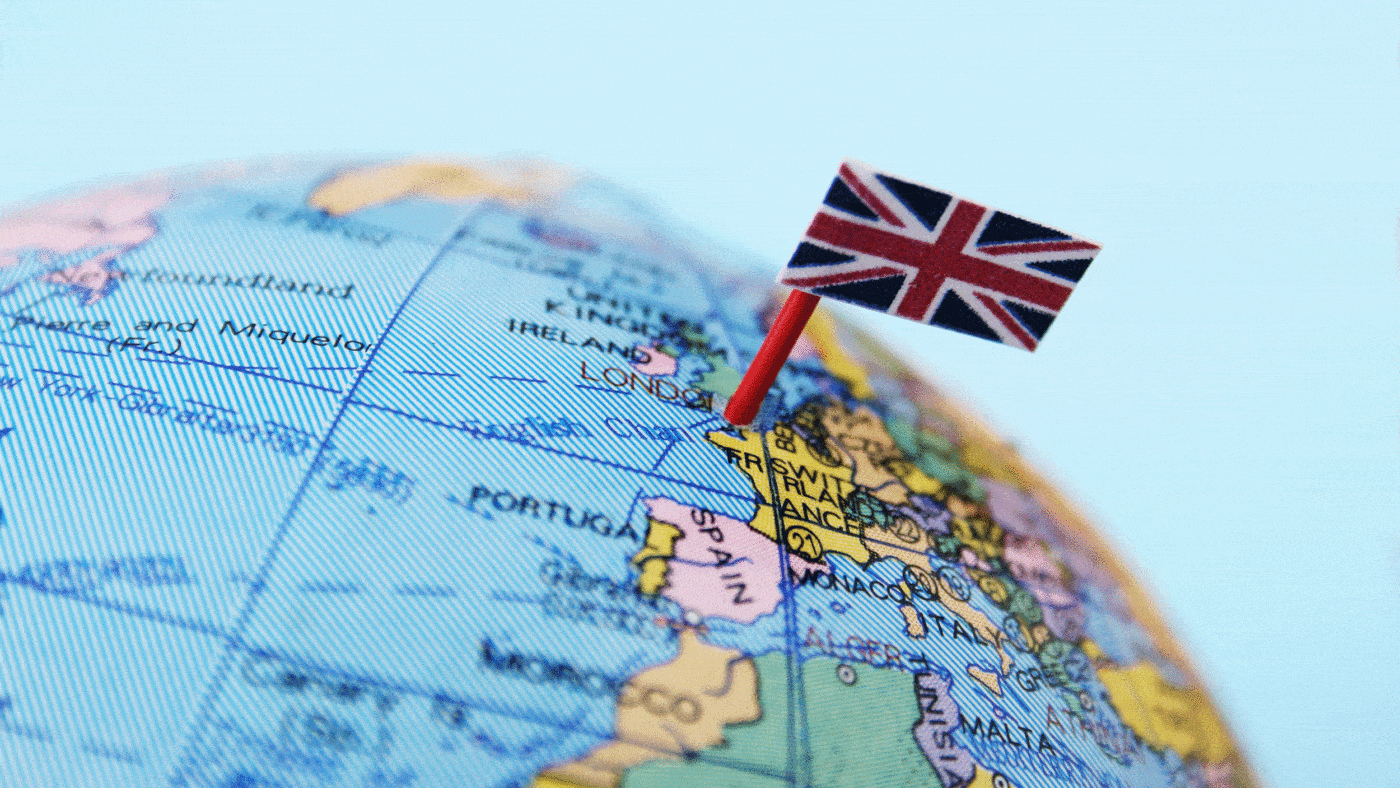While in Westminster eyes are fixed on the new government, financial instability, and a migrant crisis in Kent, the world is not exactly standing still. In Ukraine, as Ukrainians close in on Kherson, Iranian-manufactured drones deployed by Russia are wreaking havoc on the civilian population.
In the EU, the relationship between France and Germany has hit a low point as Berlin chooses to ‘isolate itself’, as President Emmanuel Macron put it, in the face of Russian aggression and other challenges. The recent congress of the Chinese Communist Party Congress, meanwhile, solidified Xi Jinping’s hold on power. In Brazil, some believe that President Jair Bolsonaro’s electoral defeat provides an opening to bring the country closer to Western alliances – as long as Latin America’s largest country sees a peaceful transfer of power.
This may be, in short, the worst moment in living memory for the UK to be looking inward. To be sure, the UK’s economic woes need addressing. And there is nothing wrong with rambunctious political debate and disagreement – even if it means scandals, plotting, and backstabbing. ‘Instability’ is a feature, not a bug, of a vibrant parliamentary democracy, infinitely preferable to the brittle stasis of autocratic regimes and, arguably, also to the rigid, consensus-driven political culture of countries like Germany.
However, it is hard to overstate just how damaging Britain’s political omnishambles are to its standing in the world. For all its flaws, British politics long exuded an aura of seriousness, a sense of responsibility towards centuries-old institutions, and an ability to rise to the occasion. That sentiment is giving way to continental schadenfreude and unsolicited criticisms of the UK’s domestic policies from figures such as US President Joe Biden.
Neither the Europeans nor the Biden administration wish Britain ill. It is in the interest of all free, democratic nations that the UK realizes the potential of a post-Brexit ‘Global Britain’ and remains an active player in Ukraine, the Middle East, and the Indo-Pacific.
Whatever you think about Emmanuel Macron, his intention in forming the European Political Community – whose first summit in Prague Truss joined in early October – was to bring the UK closer to its continental partners and help it play a stronger role on the European continent.
Unfortunately, with the exception of the UK’s exemplary leadership on Ukraine, it is hard to see the past few years as a reassertion of the country’s role on the world stage. From axing the Department for International Development, to the lack of a concrete strategy on China, to domestic political chaos and constant firefighting – thoughtful and strategic foreign policy has not been terribly high on anyone’s agenda.
After all, the basic promise of leaving the EU was to ‘take back control’ – to reconcile that impulse with the UK’s role as a confident international actor requires extraordinary political leadership. Boris Johnson deserves credit for showing those qualities in supporting Ukraine. Yet, to see Britain taking a lead on international affairs remains an exception rather than the rule.
Such a global role is costly. It therefore requires a dynamic, robust domestic economy, as Truss correctly argued. Alas, the implosion of her government risks making it more difficult for Rishi Sunak and his team to push for bold pro-market and pro-growth reforms in the future. With limited fiscal space, it seems likely that the defence budget and other international initiatives will continue to suffer instead of receiving a much-needed boost.
It is possible that the chaos in British politics has been just a prologue to a longer story of decline and increased international irrelevance. There are precedents for countries – think Argentina – making it from the first world to the third within a couple of generations. One could easily imagine a self-reinforcing cycle of economic populism from both parties, periodic devaluations, political fragmentation (or at least its spectre in Scotland and Northern Ireland), and never-ending quarrels about the UK’s trade and regulatory ties to the EU.
That scenario would condemn Britain to international irrelevance, with tragic consequences both for the UK and for Western alliances. From Hong Kong to Tehran to Ukraine, people continue to look up to British democracy. Hence this Eastern European-American’s plea to his British friends, most notably to those in Mr Sunak’s government: for heaven’s sake, please get your act together.
Click here to subscribe to our daily briefing – the best pieces from CapX and across the web.
CapX depends on the generosity of its readers. If you value what we do, please consider making a donation.


